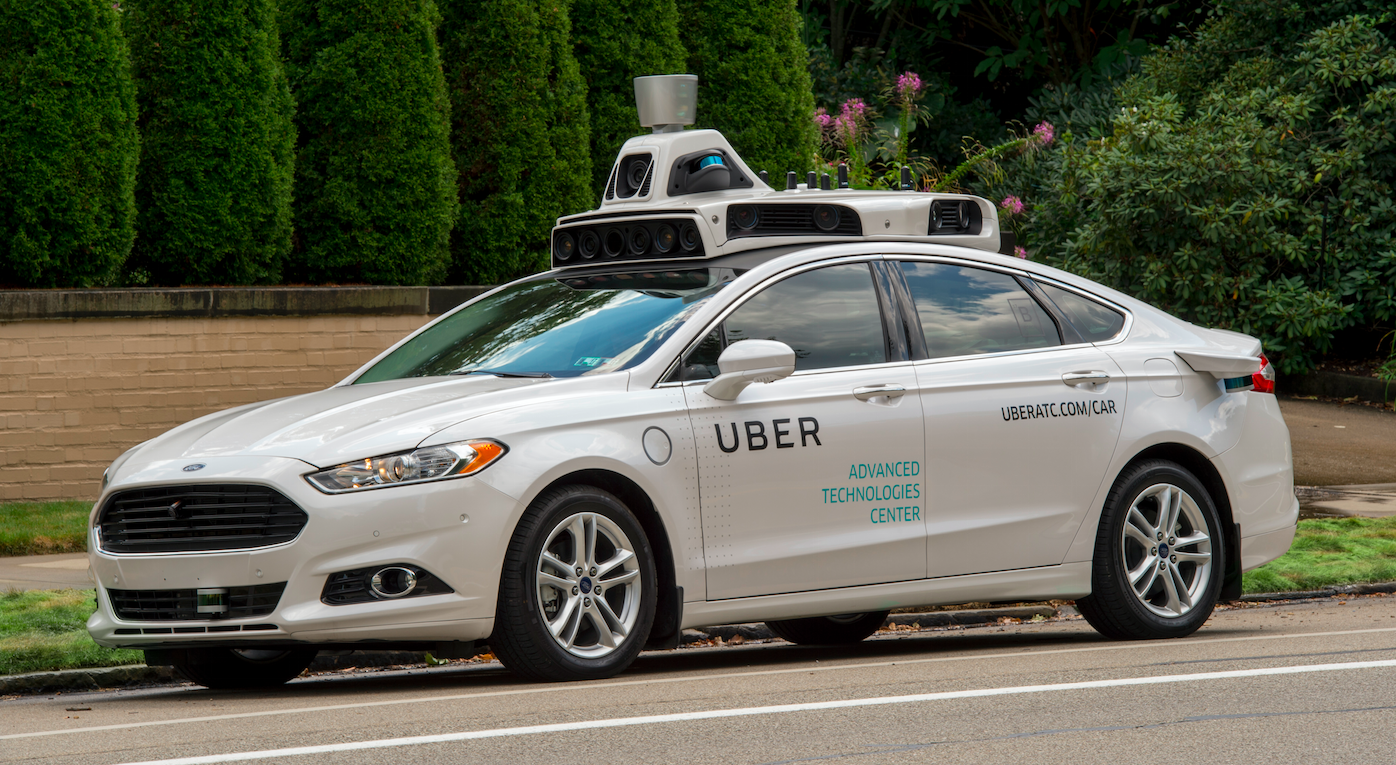February 8, 2017
 As we reported last October, Pittsburgh Mayor Bill Peduto came strong out of the gates in defense of his city’s partnership with Uber. He boldly proclaimed that Uber’s self-driving car project was driving a renaissance of sorts in the Rust Belt city – one that would bring a rush of new investments and high-tech jobs.
As we reported last October, Pittsburgh Mayor Bill Peduto came strong out of the gates in defense of his city’s partnership with Uber. He boldly proclaimed that Uber’s self-driving car project was driving a renaissance of sorts in the Rust Belt city – one that would bring a rush of new investments and high-tech jobs.
It appears, however, that the emperor had no clothes. As Quartz reports, Mayor Peduto and City Controller Michael Lamb have complained in the past week that Uber is not holding up its end of the bargain and that the city’s relationship with the company “appears to be a one-way limited-access highway.”
Quartz reports that one of the biggest indicators the relationship would fray was back in May 2016, when Peduto asked Uber to assist in the city’s Smart City Challenge application with $25 million on transit connections around Carnegie Mellon University.
Uber refused and then punched back with a wish list of its own, including V2I installations, bike lanes, access to dedicated lanes for its AVs, and a number of other projects to support its own operations.
Furthermore, Peduto expressed concern over Uber’s moratorium on surge pricing at John F. Kennedy International Airport during the protests against President Trump’s executive order halting immigration and travel from several Muslim-majority countries.
The protests were widely attended by New York City taxi drivers, reducing the availability of transportation options for individuals at the airport. In an effort to avoid perceived profiteering from the protests, Uber announced that it would suspend surge pricing at the airport. This ultimately backfired when protesters perceived the move as an attempt to “break the strike” of taxi drivers, resulting in a #DeleteUber campaign that gained significant traction on social media.
Making matters worse for Uber, the #DeleteUber movement also began to criticize Travis Kalanick, Uber’s CEO, for participating in one of President Trump’s economic advisory council – resulting in calls for him to step down. Kalanick ultimately resigned from the council, a move that Peduto called “bold” and “necessary.”
An Uber spokesman, Craig Ewer, disputed the Pittsburgh mayor’s assertions. Ewer pointed to Uber’s sponsorship of the American Architectural Foundation’s National Summit on Urban Mobility in Pittsburgh, as requested by Peduto.
By and large, Uber’s self-driving car project in Pittsburgh has been conducted free of regulatory restraints. After the Pennsylvania Public Utilities Commission (PUC) slapped an $11.4 million fine on Uber for operating illegally in the state, Mayor Peduto teamed up with Governor Tom Wolf and Allegheny County Executive Rich Fitzgerald to write an impassioned letter in its defense.
The letter stated that Uber “is investing hundreds of millions of dollars in the Commonwealth of Pennsylvania and is poised to invest millions more. However, all this could be lost if we send the message that Pennsylvania is not a welcoming place for 21st century businesses and other job-creators looking to make our state a home.”
Ultimately, it seems that Pittsburgh’s golden opportunity with a high-tech company was anything but golden.
But this might not actually come as a surprise to Peduto. Last October the Mayor said there are three reasons he may not get re-elected in the city’s election in November of this year: refugees (Pittsburgh is a sanctuary city), bike lanes, and self-driving cars.
This episode – coupled with Uber’s contentious showdown with San Francisco and California officials in December – will likely have an impact on its future efforts to collaborate with cities in deploying its autonomous vehicles.

 As we reported
As we reported 

